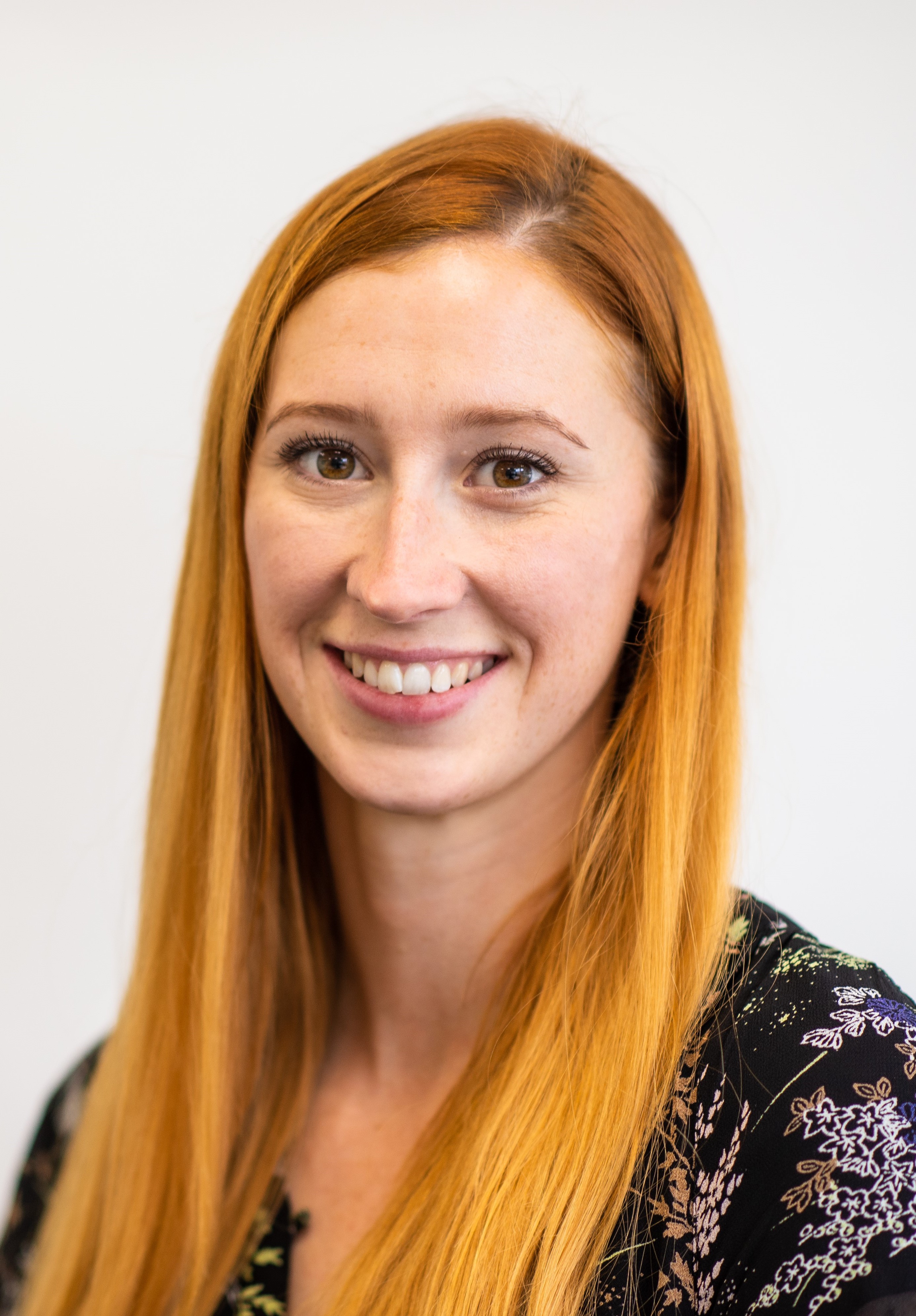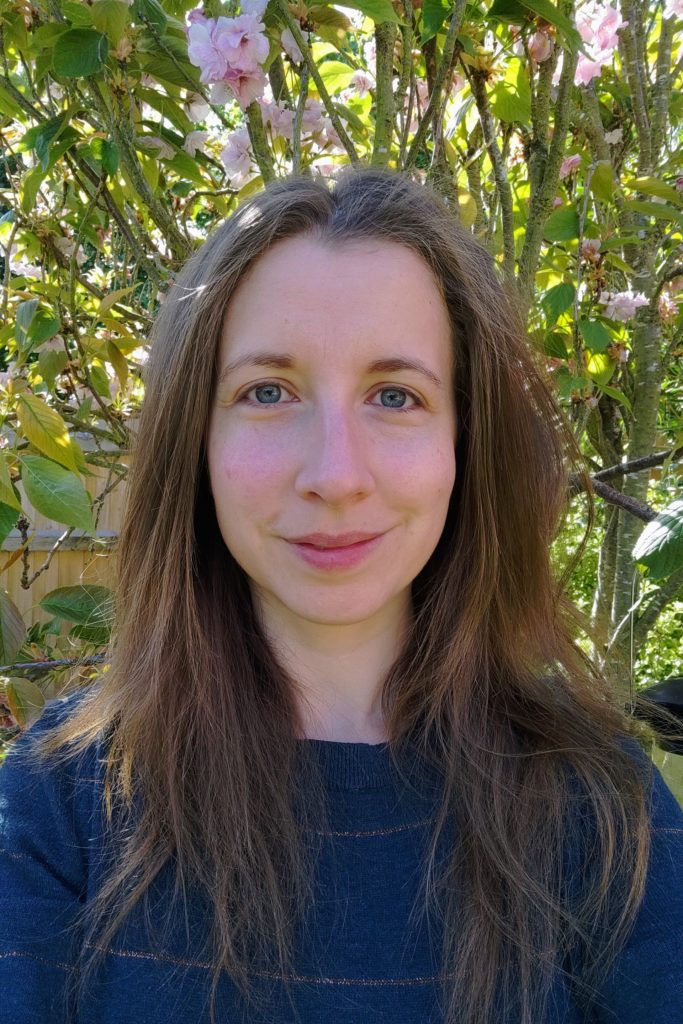09/10/2025
16:30 - 17:00
Collabotorium
, Híbrido (presencial con transmisión en directo)
Sesión con interpretación
Por qué asistir
“Healthy freshwater ecosystems are central to global efforts to adapt to these [climate] impacts and build long term resilience” (IUCN President Razan Al Mubarak). Freshwater ecosystems include important stores of global carbon. Session participants will observe how we can combine biodiversity and carbon data to aid resilient decision-making.
Descripción de la sesión
Globally, areas of high biodiversity value often align with areas that are critical assets in terms of their ‘nature’s contributions to people’ (NCP). One of these global scale NCP’s is carbon storage in ecosystems. Conserving ecosystems of high carbon storage, with their species, is therefore vital for safeguarding the carbon present that if, lost, could not be easily restored. Comparisons between areas critical for carbon and biodiversity often focus on terrestrial data. This year, the first global assessment of freshwater fauna was completed for the IUCN Red List of Threatened Species, significantly enhancing knowledge on patterns of freshwater species richness and threat. More precise ‘area of habitat’ (AOH) mapping protocols have also been developed. This session will compare the Red List and AOH freshwater information with Conservation International’s data on ‘high value freshwater ecosystems’, identifying priorities between them and highlighting the relevance of this work to climate security.Organised by
Headquarters
Asociaciones

